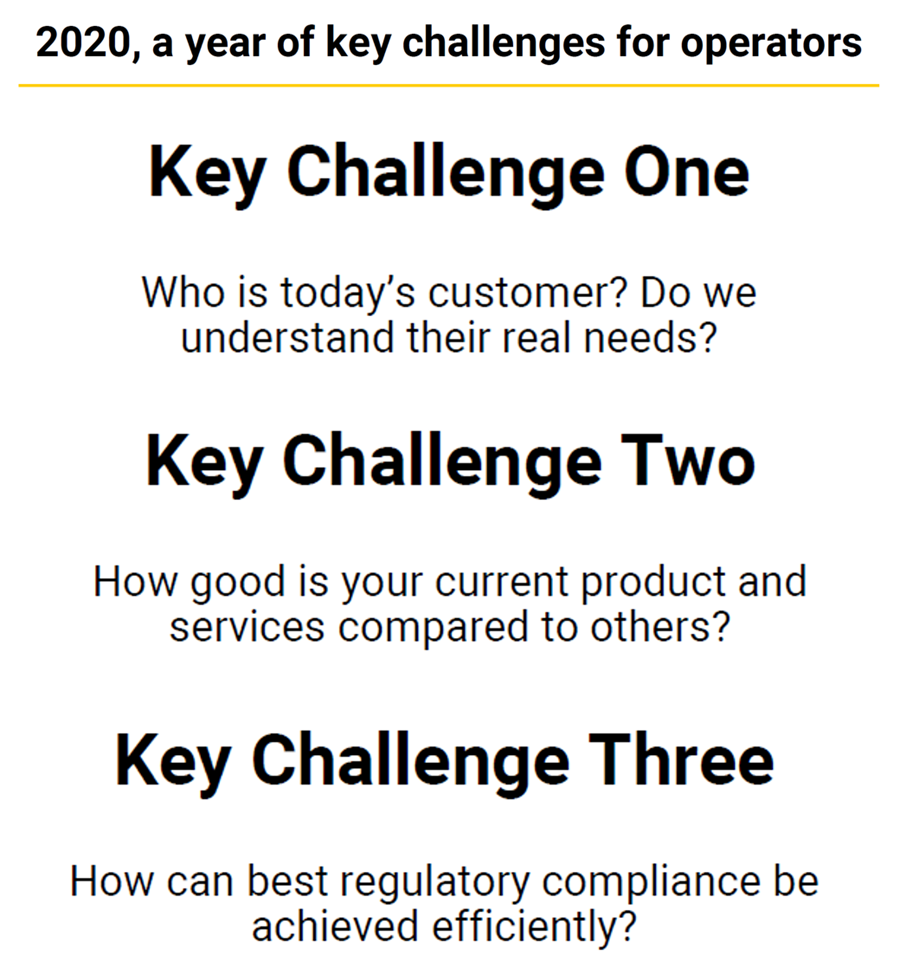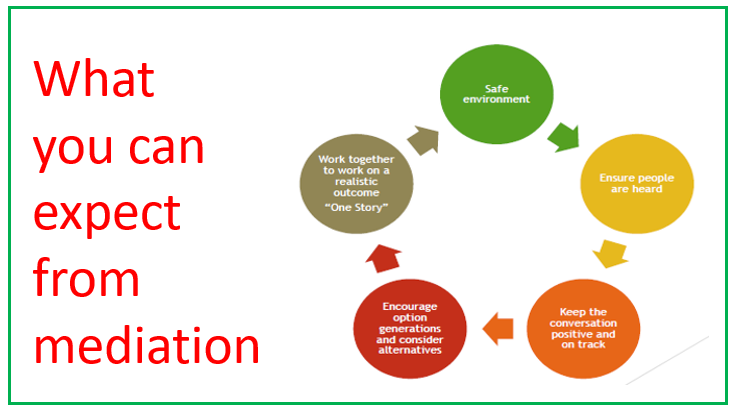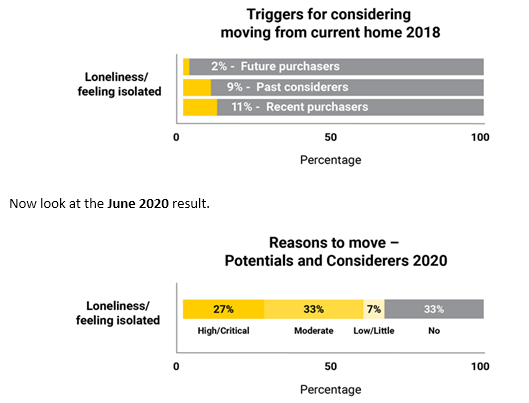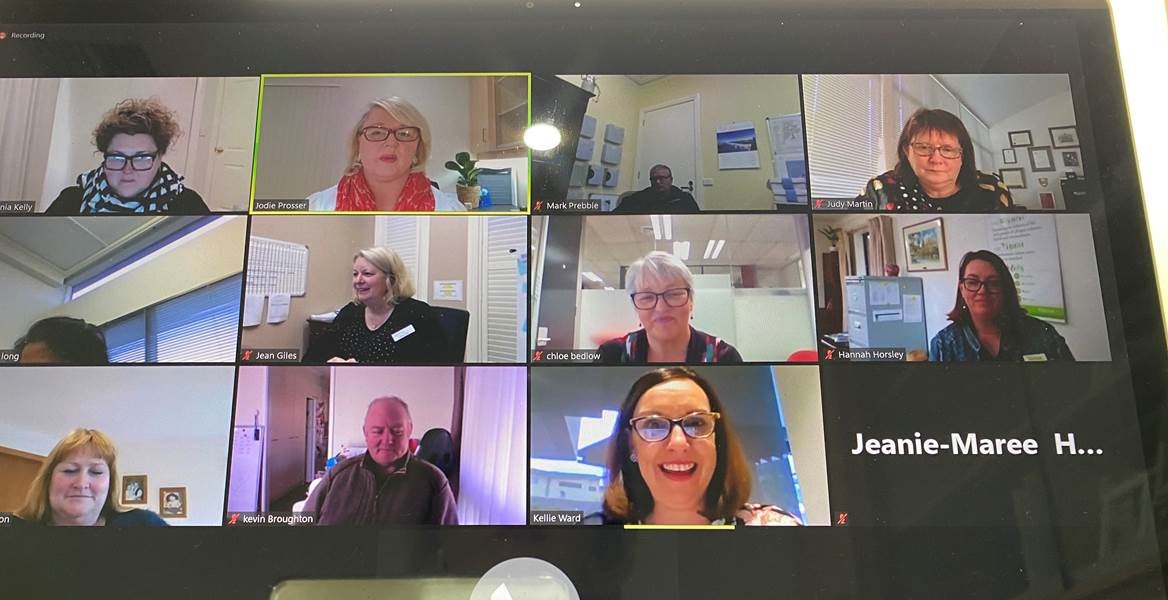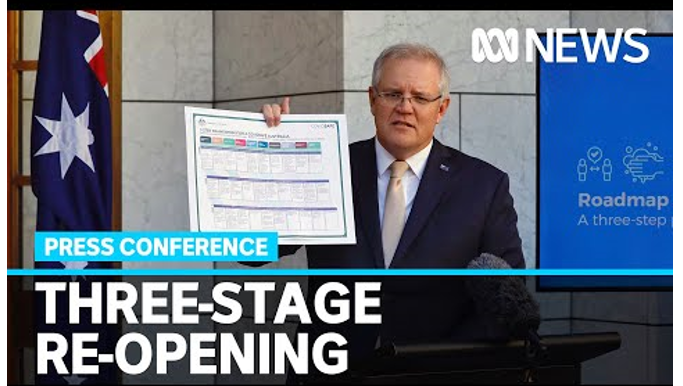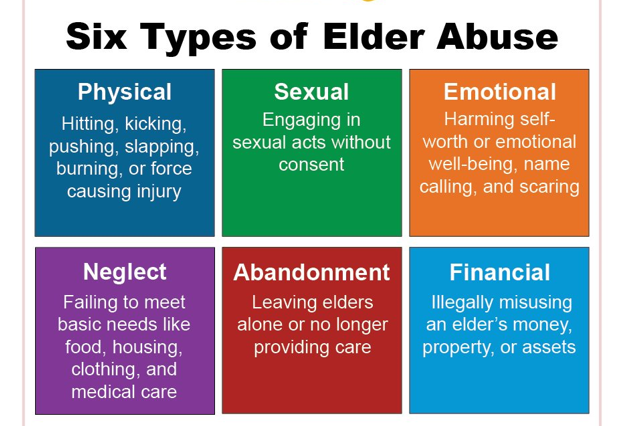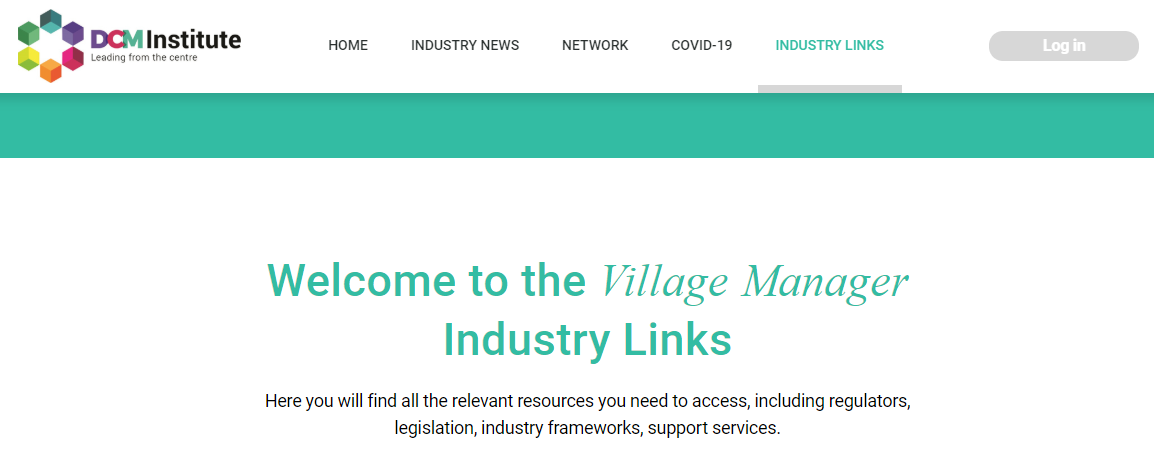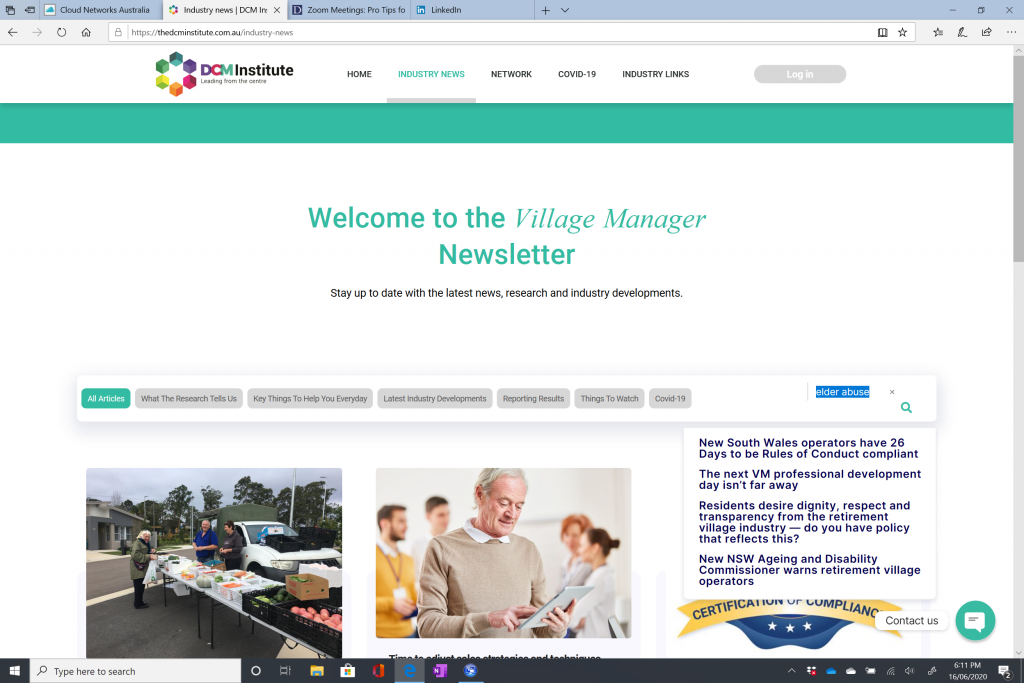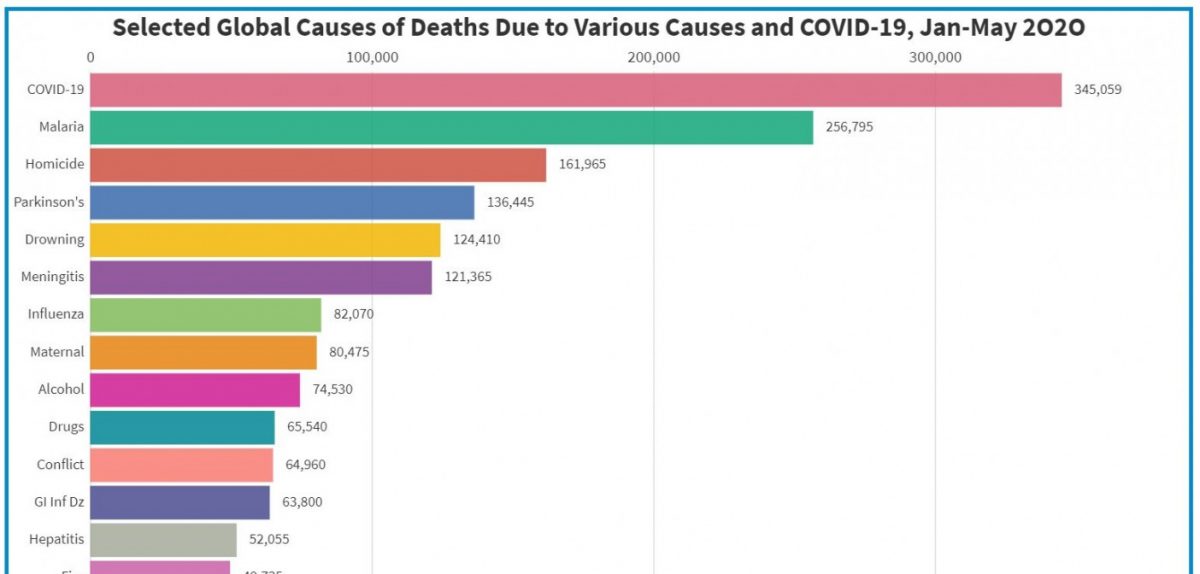Over the past three months we have been working with operators and peak bodies to design the optimum market research program for these challenging times.
We have identified we must do deep research into who is today’s customer and what drives them in this COVID world. We need to capture the satisfaction of our residents and maximise our relationship with them, and market the strengths. And we need to ensure we are recognised as responsible corporate citizens.
The three research programs will deliver on these ideals.

Unique and accessible research program
Looking forward, sales will be challenging, and the knock on effect for every operator will be great.
Maintaining services for residents, settling departing resident obligations, retaining and supporting staff, securing the value of the physical community itself, will all be impacted.
New potential customers must be identified and engaged. Existing services must be reviewed and promoted. Regular business requirements must be executed.
As importantly, the sector must get on the front foot of community discussion on the benefits of retirement communities.
Each of these challenges and opportunities require sound data to take proactive actions.
We have designed the three research programs to deliver operators this data. As we have done in previous years, by building volume engagement, we have achieved an extraordinary pricing structure for all operators.
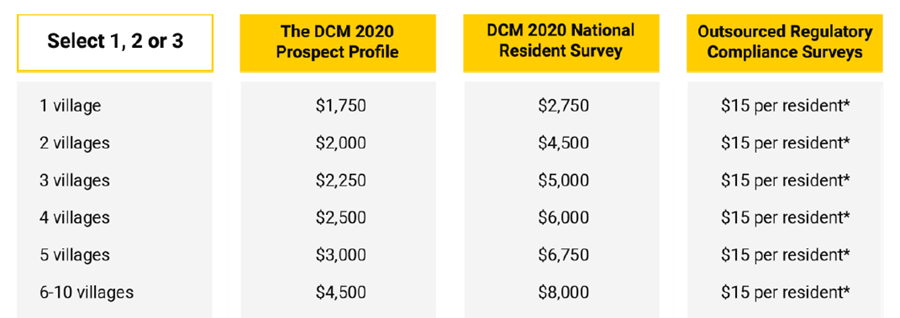
To obtain a prospectus, click here.
For enquiries, contact anna.archibald@thedcmgroup.com.au or 02 9555 9576.
Timing: the research of todays’ customer is in the field now and the first results will be available by the end of this month (July).

